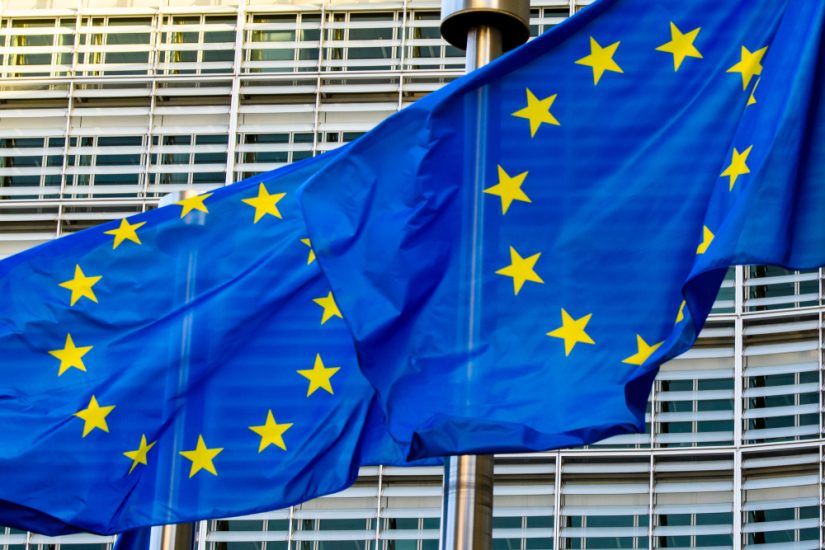By Philip Butterworth-Hayes
A July 19 European Parliamentary debate on the report Unmanned Aircraft Systems integration into European airspace and operation over populated areas, which had been presented to the Parliament’s Committee on Transport and Tourism (TRAN) earlier in the month by Clémence Routaboul Steer in response to the European Commission’s Drone 2.0 strategy, has given almost all sides of the European Union political spectrum a chance to air their views on the emerging drone sector.
The centre-right EPP Group was represented by Marian-Jean Marinescu, who said European Parliament representatives needed to become more involved in rule-making in this sector, which required more sector specific regulations. He proposed making a formal request to the European Commission along these lines. Delegated and implementing acts lacked sufficient parliamentary engagement, he argued.
The Left bloc, which “stands up for workers, environment, feminism, peace & human rights”, was represented by Elena Kountoura, who said drones are primarily used by private individuals for recreational purposes and by armed forces and security agencies. She was concerned about the potential dangers of deploying drones in populated regions, with the potential for loss of life and property damage as well as the protection of citizens’ privacy. National and local authorities should carefully consider the security aspects of drone usage before allowing extensive commercial applications, she said, and argued that the first widespread application of drone services should be dedicated to medical services and improving connectivity to remote areas.
The S&D (the Progressive Alliance of Socialists and Democrats) ’s Isabel García Muñoz highlighted the lack of harmonisation between Member States in the emerging drone sector and urged the European Commission’s DG MOVE to develop a roadmap for drone developments which would be a vital incentive for their deployment.
Finally, Karima Delli from the Greens political bloc was worried about emerging drone capabilities in data collection, cybersecurity and surveillance, especially in operations near borders; with technology starting to move faster than legislation. There was a need to strengthen regulations on pilot obligations and increased penalties for misuse. She was also concerned about the process for authorising requests to fly in urban areas.
In presenting the report, the author Clémence Routaboul Steer concluded the Drone Strategy 2.0 was welcomed by stakeholders and recommended 19 flagship actions. But the difficulty of some measures may be underplayed and social acceptance and ground risk assessments may require more attention. The report said the Drone 2.0 strategy lacked an industrialisation roadmap; nor did it include the prioritisation of the 19 flagship actions.
(Image:Shutterstock)




